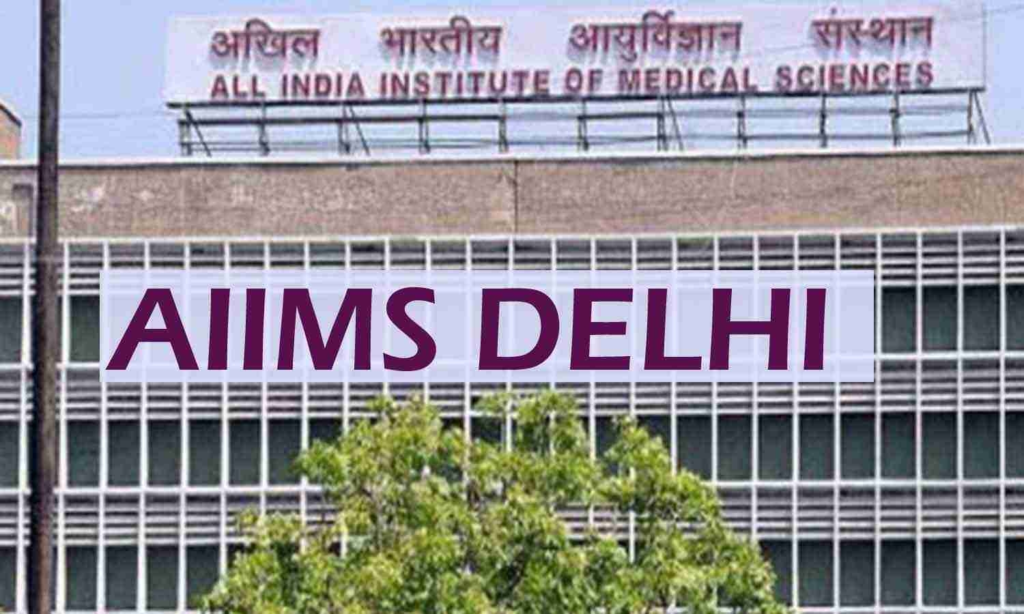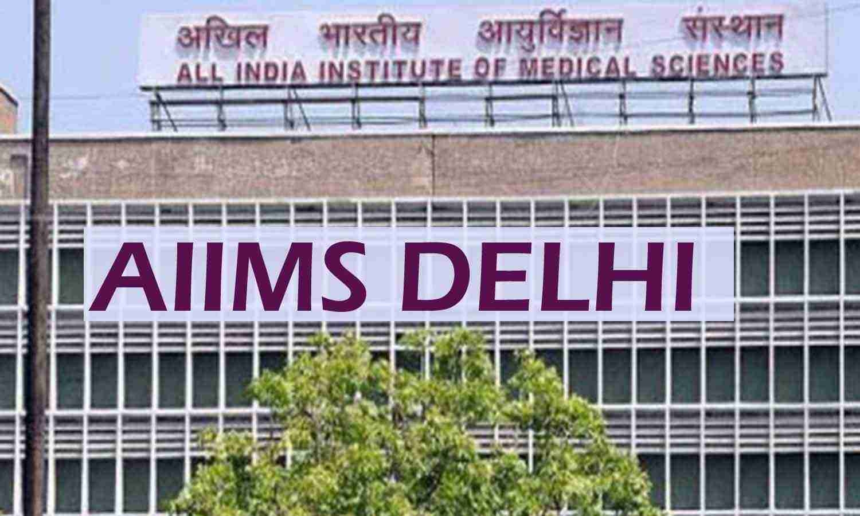
July 28, 2023
On the occasion of World Hepatitis Day, AIIMS Delhi emphasized the significance of maintaining a healthy liver to lead a meaningful life. In a press release issued on Friday, AIIMS brought attention to the increasing prevalence of fatty liver disease, not only among adults but also at alarming rates among children, attributing it to the “westernization” of diets and unhealthy sedentary lifestyles.
The study from the Department of Gastroenterology and HNU, AIIMS, New Delhi, revealed that hepatitis A and E constituted 30 per cent of cases of acute liver failure, resulting in a high mortality rate of over 50 per cent. The spread of these strains of hepatitis can be significantly prevented by ensuring access to safe and clean drinking water.
Another alarming finding was that more than one-third of Indians, approximately 38 per cent, are affected by a condition known as “fatty liver” or “metabolic dysfunction associated steatotic liver disease,” previously referred to as non-alcoholic fatty liver disease (NAFLD). Shockingly, this condition also affects nearly 35 per cent of children. The main culprits behind this liver ailment were identified as an increase in fast food consumption, a lack of healthy fruits and vegetables, and leading an unhealthy sedentary lifestyle. AIIMS likened this liver disease to metabolic disorders such as diabetes, hypertension, and heart disease.
While there is currently no approved drug treatment for NAFLD, there is hope as the disease is reversible. AIIMS stressed that adopting a healthy lifestyle, which includes proper diet, restricting junk and sugary food intake, and regular exercise, is the key to combat this rising epidemic.
Moreover, alcohol intake remains a major cause of liver disease in India. Conditions such as “alcoholic hepatitis” and cirrhosis, which can eventually lead to liver cancer and death, are associated with excessive alcohol consumption. AIIMS revealed that alcohol accounted for the majority of severe liver damage cases admitted to hospitals, including those with the diagnosis of “acute on chronic liver failure.” Unfortunately, there is no specific drug available for the treatment of alcoholic hepatitis, making strict alcohol abstinence the only way to prevent this deadly disease.
The press release also highlighted that certain commonly used drugs, considered safe, may also contribute to liver damage. Drugs used to treat tuberculosis, antibiotics, antiepileptic drugs, and chemotherapy were found to be associated with liver injuries. Moreover, the misuse of complementary and alternative medications (CAM) also poses risks to the liver. A study from AIIMS, New Delhi, reported a startling 67 per cent death rate among patients with anti-tuberculosis drug-related acute liver failure. Of these cases, 60 per cent were patients who had been prescribed medicines without confirmed tuberculosis, highlighting the dangers of self-medication.
As part of the World Hepatitis Day initiative, AIIMS stressed the importance of public awareness about hepatitis and the significance of preserving liver health. The World Health Organization’s goal to reduce new cases of hepatitis by 90 per cent and mortality by 65 per cent by 2030 can be achieved through preventive measures such as safe transfusion practices, safe sexual practices, and universal vaccination for hepatitis B. Additionally, for those already infected, affordable antiviral drugs for both hepatitis B and hepatitis C are available free of cost in Government hospitals and dispensaries.
AIIMS urges individuals to take charge of their liver health by making informed choices, adopting healthy habits, and seeking professional medical advice when needed. With a collective effort to raise awareness and promote a healthier lifestyle, the burden of liver disease can be significantly reduced, paving the way for a healthier and brighter future for all.






